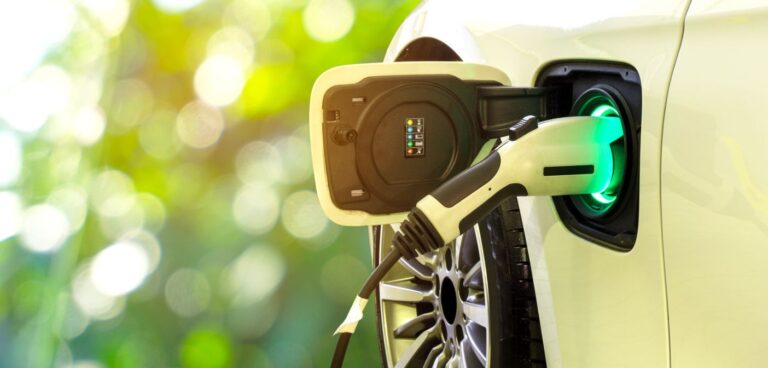Electric vehicle (EV) drivers without the availability of private parking could potential pay up to £227 per year to charge their vehicle, according to new data from the FairCharge campaign, a movement to make the use of EVs more accessible.
This cost increase, FairCharge says, is due to EV drivers needing to pay four times the amount of VAT (20%) to use public chargepoints, compared to domestic rates of five percent.
FairCharge cited data from EV chargepoints mapping service Zap-Map, which revealed that the price of using a rapid or ultra-rapid chargers increased, on average, from 44p/kWh in March to 56p/kWh in August.
Fast and slow charging also became more expensive, increasing from 30p/kWh to 39p/kWh.
As a result, those with private parking will now pay £863 per year, as opposed to £1,418 for those who rely on public chargers.
FairCharge warns that the ‘pavement tax’ on drivers without private parking has risen to £148 per year on average, up from £115 in March. Furthermore, they warn that the gap could be as high as £227, given that EV drivers without driveways cannot access savings available through overnight tariffs.
Quentin Willson, founder of FairCharge, said: “The growing discrepancy between the cost of charging an electric vehicle at home and on public networks is incredibly concerning for the 38% of UK households without driveways.
“This outdated VAT legislation is in need of immediate reform or else the Treasury risks hindering growth in EV adoption, investment in charging infrastructure and ultimately, the wider transition to cleaner air and energy security.
“The EV transition should not come at a cost to those without private parking.
“If the Chancellor isn’t concerned about the sheer unfairness of the policy, then surely he can at least see the economic case that it is undermining investment in the public charging network, which would otherwise be helping boost growth.
“I urge the government to take the relatively simple, low-cost, step and immediately axe the pavement tax.”
Some 38% of households have said they aren’t able to charge an EV at home due to either parking or charging limitations.
In September, 23 chargepoint operators co-signed an open letter asking for a more equitable system to balance the costs of public versus private EV charging ahead of the Chancellor’s mini budget.





